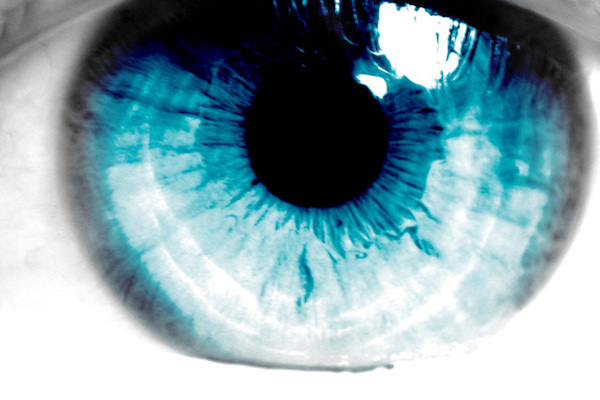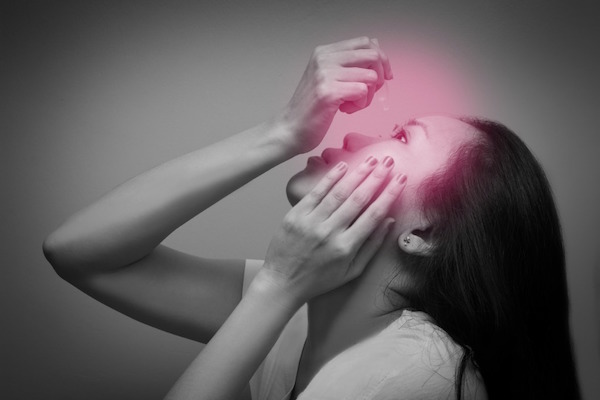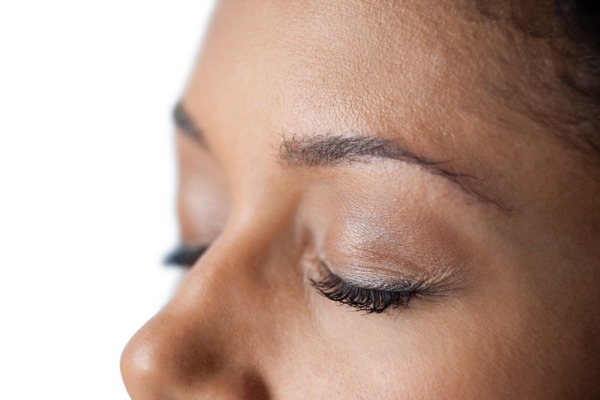
Allergy Season – Seven Ways to Stop Itchy Eyes
If you suffer from seasonal allergies, there's no reason why you shouldn't be able to enjoy springtime like everyone else
Spring is officially here on the east coast. It’s time for warm weather, and flowers, and baseball (Go Yankees!!). If you’re anything like me, you’ve been staring out your window for the last five months waiting for springtime to arrive (just kidding… not really).
But with all of the hoopla surrounding this popular season, there happens to be a bit of a downside. Pollen fills the air when the flowers start to bloom, which can turn the excitement into misery for those who suffer from allergies.
A Brief Explanation of Allergic Reactions:
According to the American Academy of Allergy, Asthma, and Immunology (or AAAAI for short), “allergies are among the most common chronic conditions worldwide. Allergy symptoms range from making you miserable to putting you at risk for life-threatening reactions.”
AAAAI further explains, “an allergic reaction begins in the immune system. Our immune system protects us from invading organisms that can cause illness. If you have an allergy, your immune system mistakes an otherwise harmless substance as an invader. This substance is called an allergen. The immune system overreacts to the allergen by producing Immunoglobulin E (IgE) antibodies. These antibodies travel to cells that release histamine and other chemicals, causing an allergic reaction.”
Symptoms and Allergens:
If you suffer from allergies in the eyes, you may notice the following symptoms:
- Itching
- Irritation
- Redness
- Swollen eyelids
- White discharge
According to AAAAI’s website, there are several types of allergens that can cause reactions. Those allergens include:
- Pollen
- Dust
- Mold
- Animal dander
- Latex
- Medications
- Food
- Insect Stings
Furthermore, AAAAI also has a resource where visitors (to their website) can check regional allergen levels. For example, the pollen and spore levels in New York City have been extremely low.
Seven Ways to Stop the Itch:
There are several ways to prevent and/or maintain eye allergies. If you suffer from allergies, the following seven tips should help you find relief:
- When outdoors, wear sunglasses as much as possible. Not only will you be receiving the benefits of UV protection, but plastic lenses help block wind which carries allergens (like pollen) right into our eyes
- Wash up – try to get in the habit of gently cleaning your eyelids and eyelashes right after exposure to allergic triggers. This will help avoid symptoms such as itchy red eyes. You can also make use of helpful over-the-counter products such as OCuSOFT lid scrubs. These particular scrubs can be discarded after use. Furthermore, you should always rinse the cleaner off your eyes to avoid dry skin.
- If you wear eye makeup, always remove it completely before going to sleep. When possible, avoid using waterproof makeup because it can be very difficult to remove. It may also lead to worse irritation when combined with allergies
- Frequently use preservative-free artificial tears during allergy season. This will help to dilute and flush away irritants that find their way into the eyes. The best part of using preservative-free eye drops is you can use as much of it as you’d like
- When the itch starts, you’ll have to take a more aggressive approach. The use of an over-the-counter anti-histamine/mast cell-stabilizer like Zaditor should do the trick. This eye drop can be used twice a day for relief from itching
- If your symptoms get really bad to the point where nothing is working, it’s time to schedule a visit with your eye doctor. There are several other potent prescription anti-histamine/mast cell-stabilizers, as well as many more treatment options for eye allergies
- Another logical approach would be to schedule an appointment with an allergist. This way you can get a handle on what your allergies actually are, and if you’re a candidate for allergy shots (immunotherapy). Allergy shots slowly increase your body’s ability to tolerate the things you’re allergic to. Given enough time and patience, you’ll eventually no longer have any reaction when you’re exposed to the allergen. The downside of this is that it’s typically time consuming and requires a long duration of time to build up resistance
To expand on the subject of allergy shots, AAAAI states, “allergy shots work like a vaccine. Your body responds to injected amounts of a particular allergen, given in gradually increasing doses, by developing immunity or tolerance to the allergen… This type of treatment should be supervised by a specialized physician in a facility equipped with proper staff and equipment to identify and treat adverse reactions to allergy injections.”
In Conclusion:
If you suffer from seasonal allergies, there’s no reason why you shouldn’t be able to enjoy springtime like everyone else. Truth be told, you have access to some powerful solutions through your doctor, and even on your own.
Implementing some (or all) of the above suggestions should help to minimize the affects of eye allergies. If symptoms persist, make sure to follow-up with your eye doctor.







